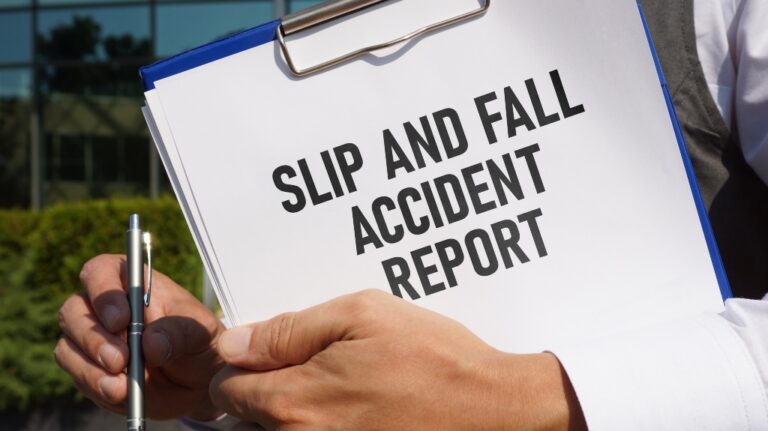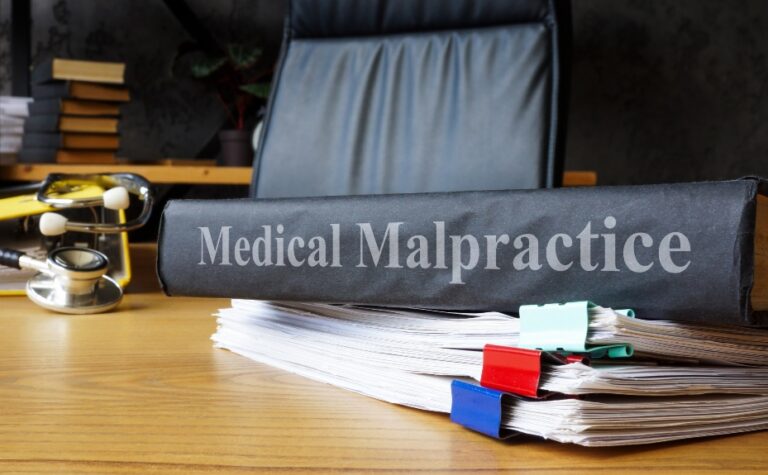How Birth Injuries Can Lead to Medical Malpractice Claims
Birth injuries occur when a mother or child suffers physical trauma or medical complications during or immediately after delivery. Birth injuries represent one of the most common kinds of medical malpractice, but when does a specific incident of a birth injury give rise to a…











